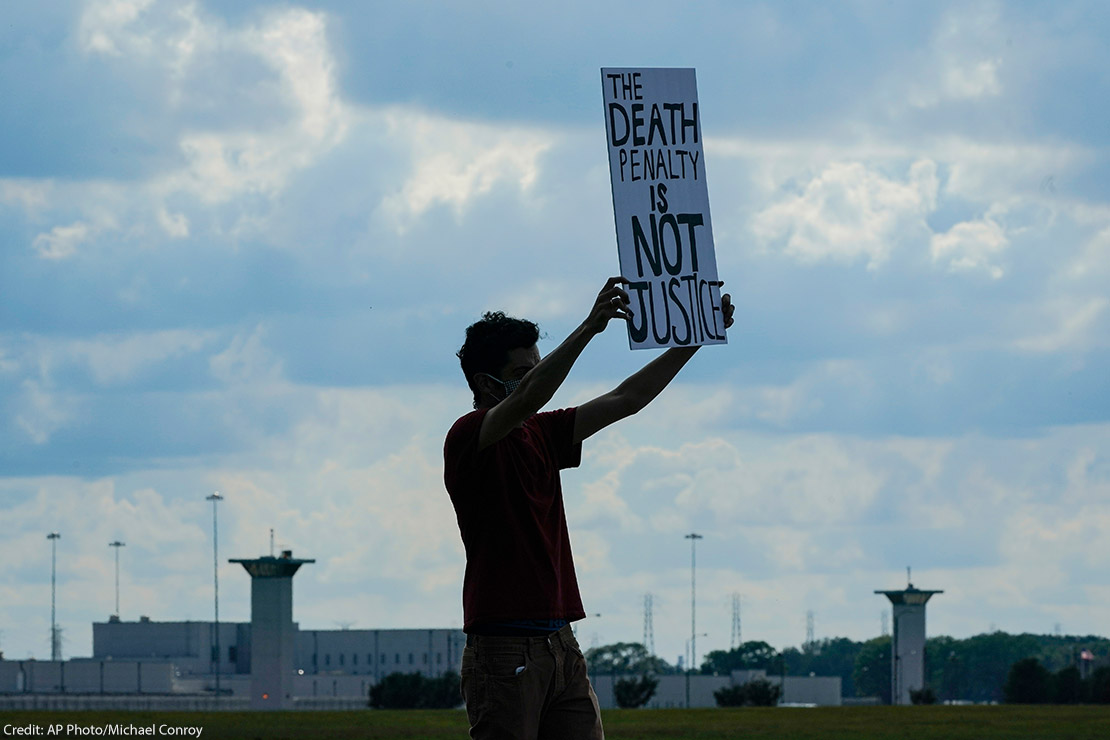
Glossip v. Oklahoma
Amicus Curiae Brief
A “friend of the court” or amicus, brief is filed by someone not a direct party to the case, but who has an interest in its outcome. These briefs seek to supplement the merits briefs by offering the Court additional arguments and information. Amicus briefs can be filed at the merits stage or at the certiorari stage.
What's at Stake
This long-running Oklahoma death-penalty case raises two issues:
1) Will the State of Oklahoma be permitted to execute Glossip, despite overwhelming evidence that he is innocent, and despite a confession by the State’s Attorney General that the state obtained his conviction by hiding crucial evidence impeaching its star witness?; and
2) Will the Court reaffirm its longstanding commitment to Due-Process-Clause precedent requiring the government to disclose favorable evidence in its possession to the accused and to correct false testimony introduced against the accused?
Summary
The ACLU and the Howard University School of Law Civil Rights Clinic filed an amicus brief in support of Mr. Glossip and the (conceding) Attorney General. The brief puts Mr. Glossip’s case in the larger context of Due Process violations endemic to the office that prosecuted him, and highlights the dramatic impact similar violations have had in leading to wrongful convictions.
The brief recounts literally decades of Oklahoma prosecutors’ failures, including by the District Attorney’s Office that prosecuted Mr. Glossip, to follow the Due Process commands of and , which require disclosure to the defense of any exculpatory evidence, and oblige states to correct any knowingly false testimony presented in their case.
The brief also demonstrates the central part that such violations have had in wrongful convictions, using the National Registry of Exonerations.
Legal Documents
-
04/30/2024
Amicus Curiae Brief in Support of Petitioner
Date Filed: 04/30/2024
Court: United States Supreme Court